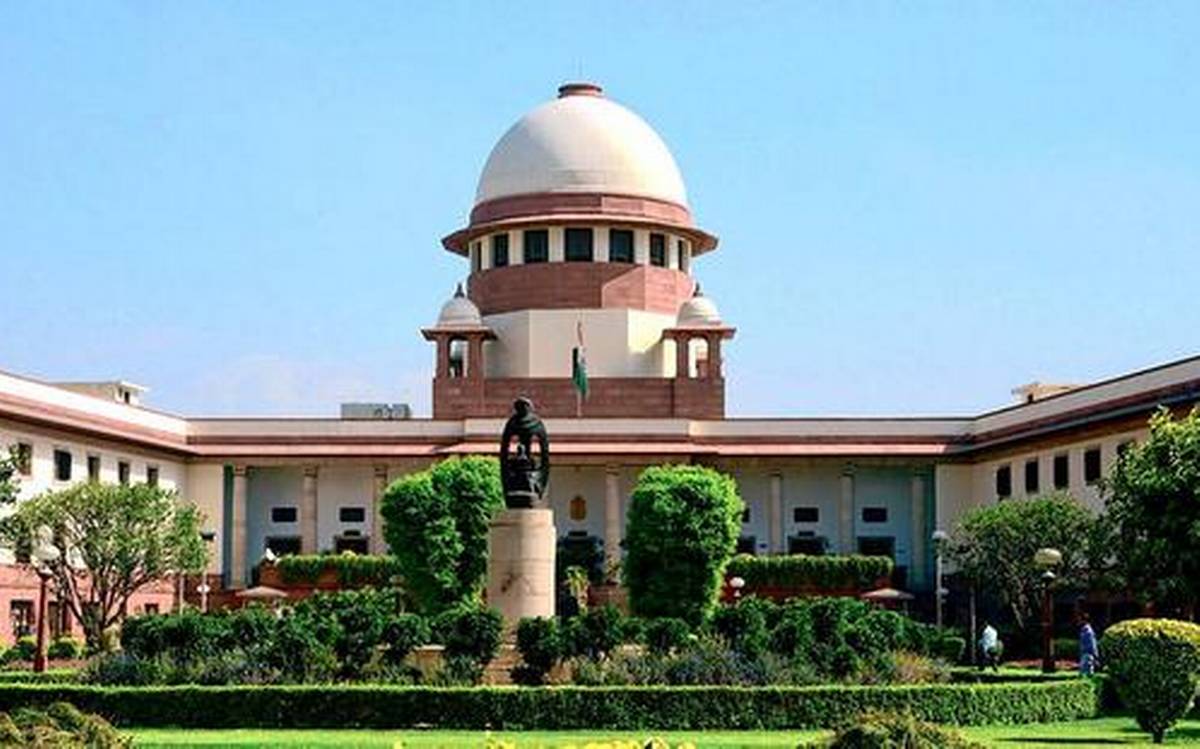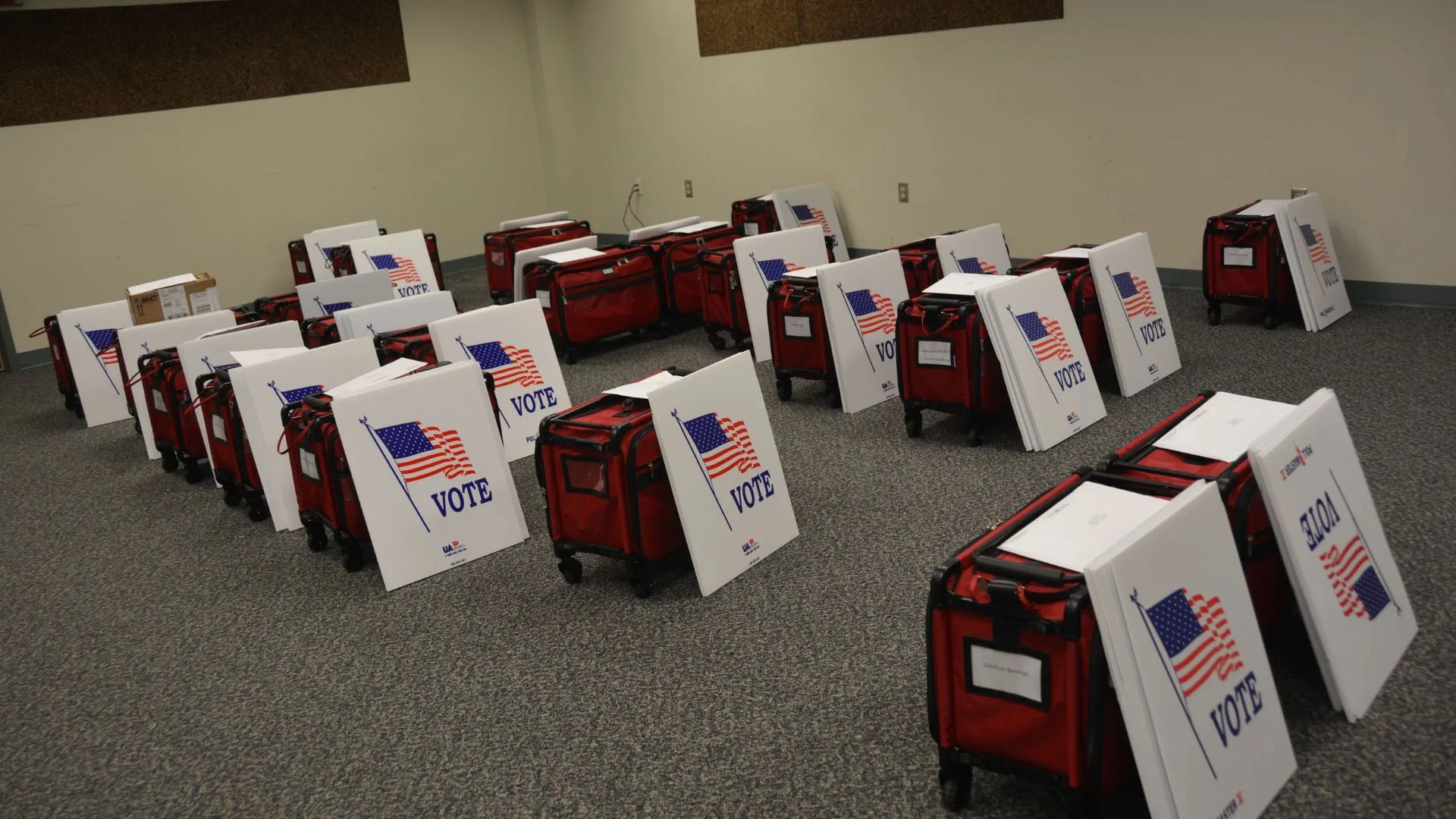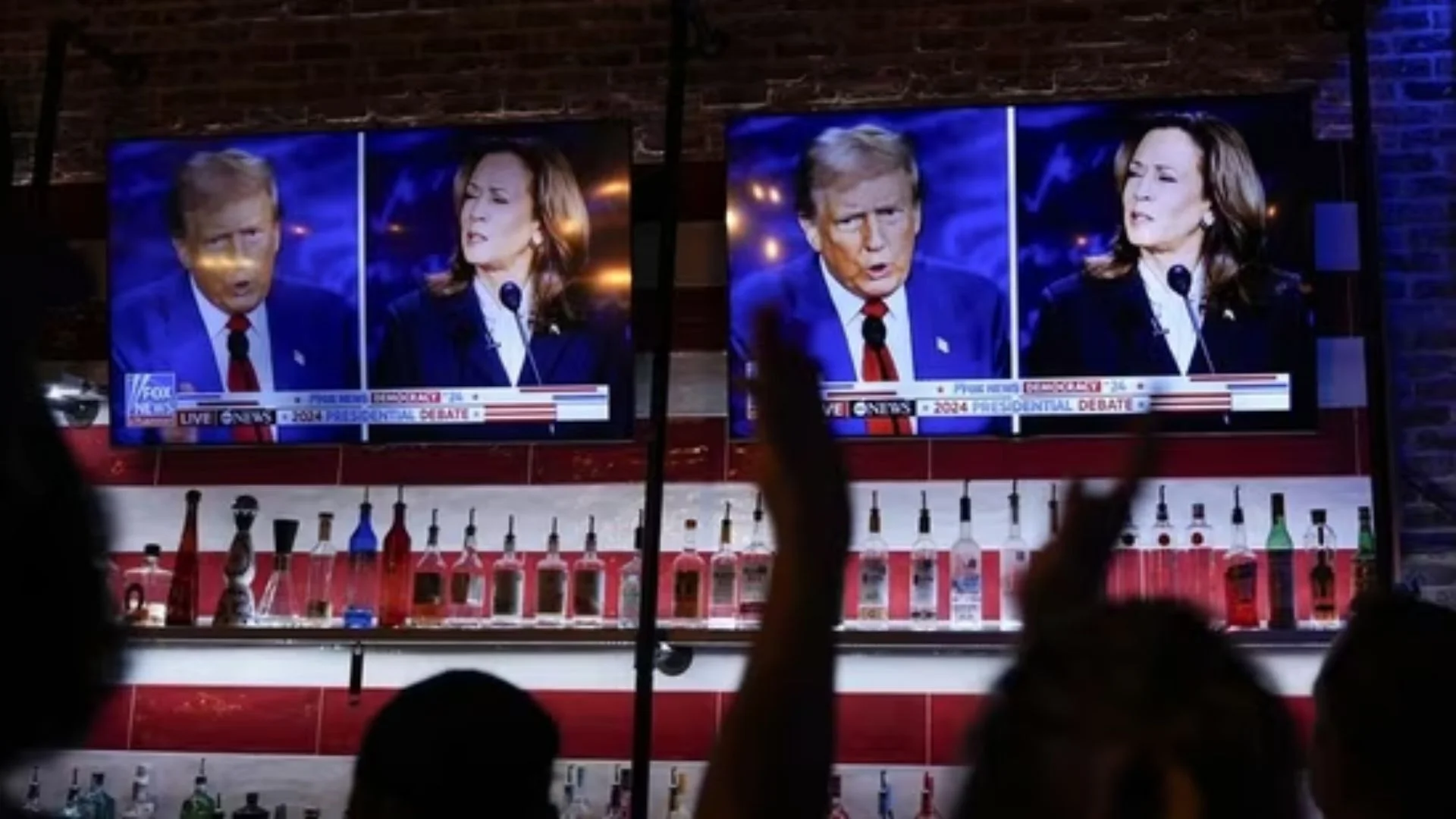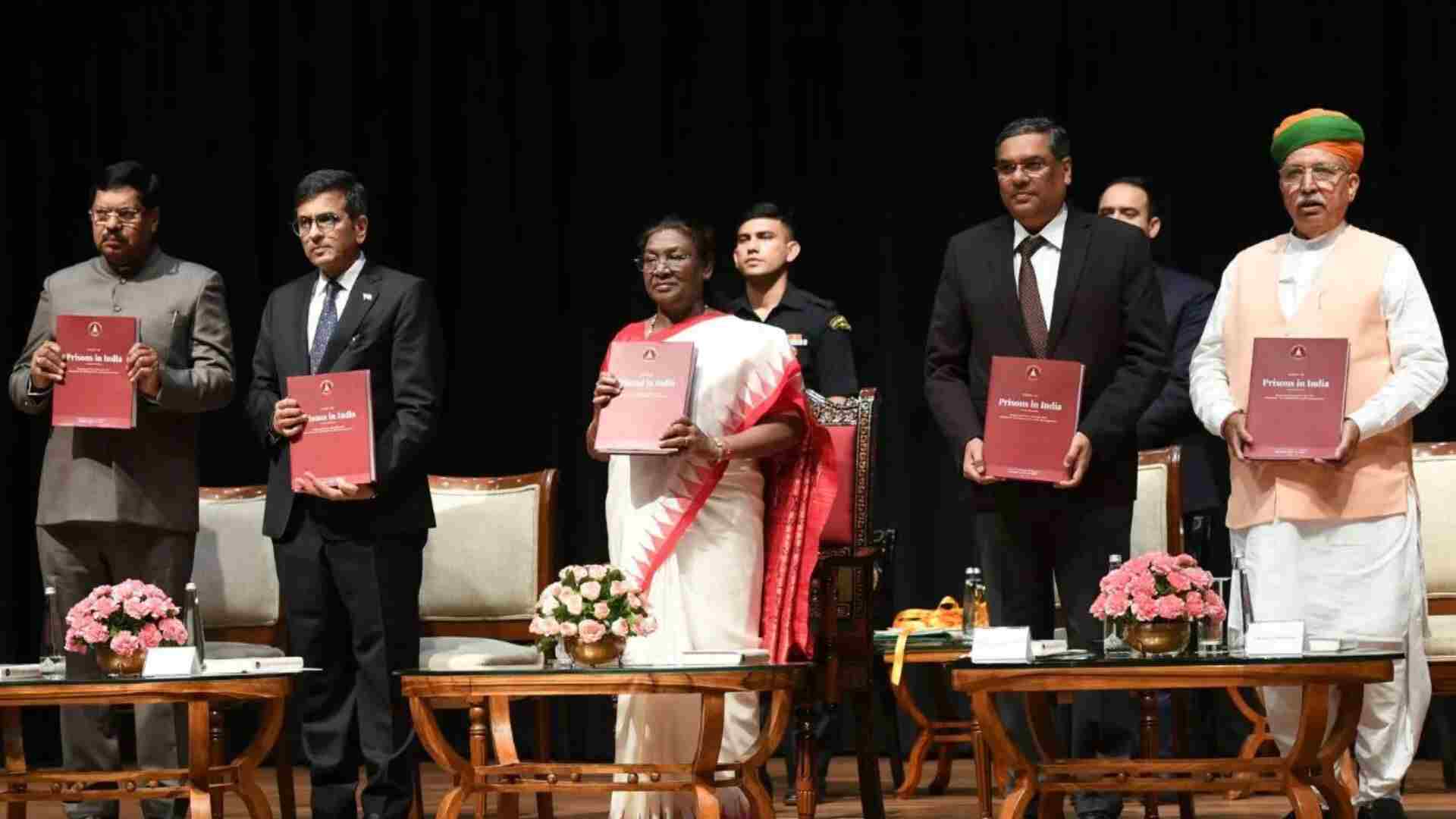
The Supreme Court has sought the response of the Centre on a petition that seeks the release of Rohingya refugees currently being held in jails and detention centres across the country in what is described as “illegal and arbitrary” detention. A bench of Justices BR Gavai and Prashant Kumar Mishra issued notice to the Centre and sought its response within four weeks.
The petitioner, Priyali Sur, represented by Advocate Prashant Bhushan, argued that many Rohingya refugees are being detained at various facilities throughout India. The plea seeks their release, emphasising the need to protect their fundamental rights, including the right to life and equality before the law as enshrined in Article 21 and Article 14 of the Constitution. The plea outlines the Rohingya as an ethnic minority originating from Myanmar’s Rakhine state and highlights their status as the most persecuted ethnic minority according to the United Nations.
The Rohingya have faced a history of statelessness since 1980, largely due to the 1982 Citizenship Law passed in Myanmar, which effectively stripped them of their citizenship. In response to persecution labelled as genocide and crimes against humanity by the United Nations and the International Court of Justice, refugees have sought sanctuary in neighbouring countries, including India. Despite their documented history of persecution and discrimination, Rohingya refugees in India are officially categorised as “illegal immigrants.” They endure inhumane treatment and restrictions, including arbitrary arrests, unlawful detentions, limitations on freedom of movement outside of camps, and limited access to education, basic healthcare, legal services, and formal employment opportunities.
It emphasises that hundreds of Rohingya refugees, including pregnant women and minors, are detained unlawfully and indefinitely in Indian jails and detention centres, despite their recognised status as refugees by the United Nations High Commissioner for Refugees (UNHCR). The plea specifically seeks directions from the Court. First, it seeks the release of Rohingya individuals detained illegally and put arbitrarily in jails, detention centres, or juvenile homes, without a valid reason or for alleged violations of the Foreigners Act. Second, it urges the government to refrain from arbitrarily detaining any Rohingya individuals, particularly on charges of being illegal immigrants or for purported violations of the Foreigners Act.















